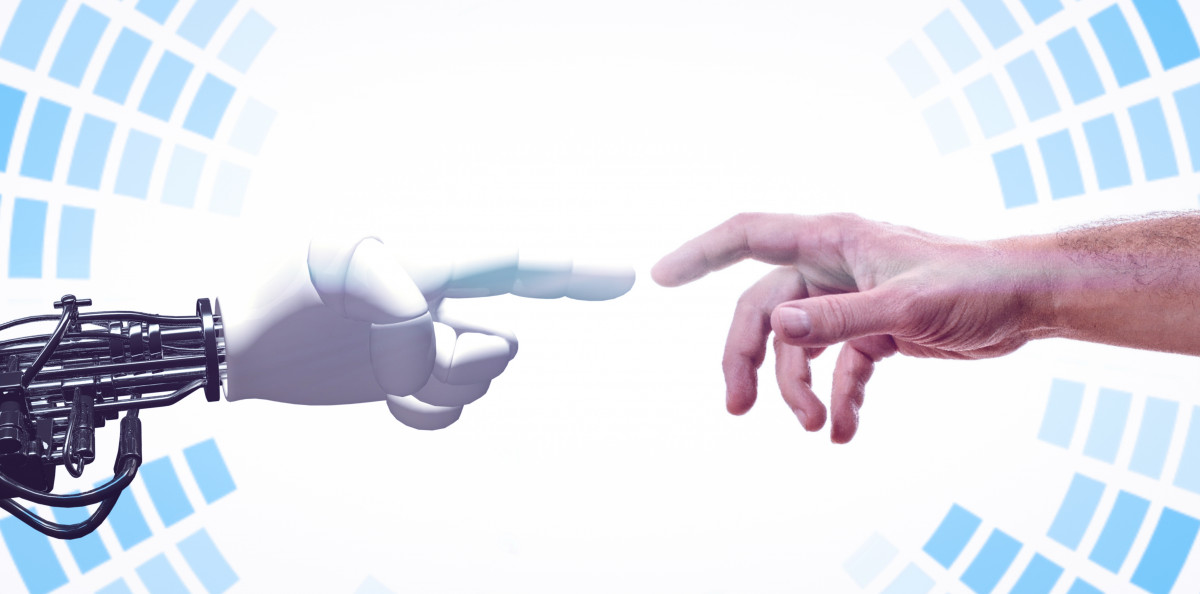Potential Benefits of AI in Humanities
Artificial intelligence is making significant strides in the humanities, offering new tools and approaches that enhance research, education, and cultural preservation. By integrating AI, the humanities can benefit from personalized learning experiences, the safeguarding of cultural heritage, and innovative applications in language and the arts. These advancements are not only expanding the scope of humanistic studies but also making them more accessible and relevant in the digital age.
Personalized Learning
AI tailors educational experiences to individual needs, improving adaptive and differentiated learning.
Cultural Preservation
AI helps preserve cultural heritage, supports automated journalism, and enhances virtual access to art.
Language and Arts
AI aids in language learning, translation, and the preservation of endangered languages, while also contributing to creative fields like AI-generated music, painting, and writing.
Applied AI in Humanities

